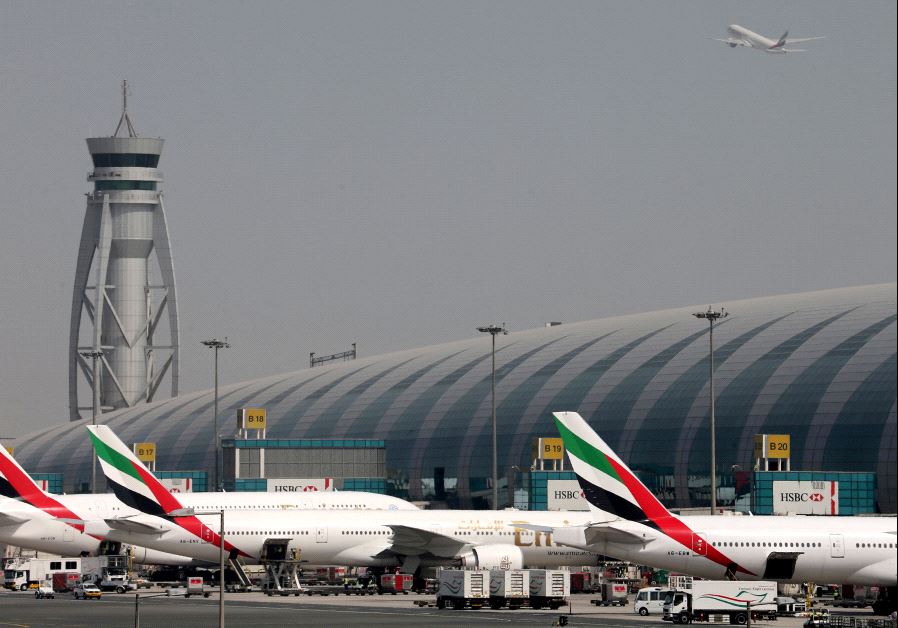Regionalism matters for recovery from the coronavirus crisis
This will give the region, the Gulf to start – with ripple effect – a much needed boost, on which post coronavirus recovery depends on.
 Emirates Airlines aircrafts are seen at Dubai International Airport, United Arab Emirates May 10, 2016
Emirates Airlines aircrafts are seen at Dubai International Airport, United Arab Emirates May 10, 2016